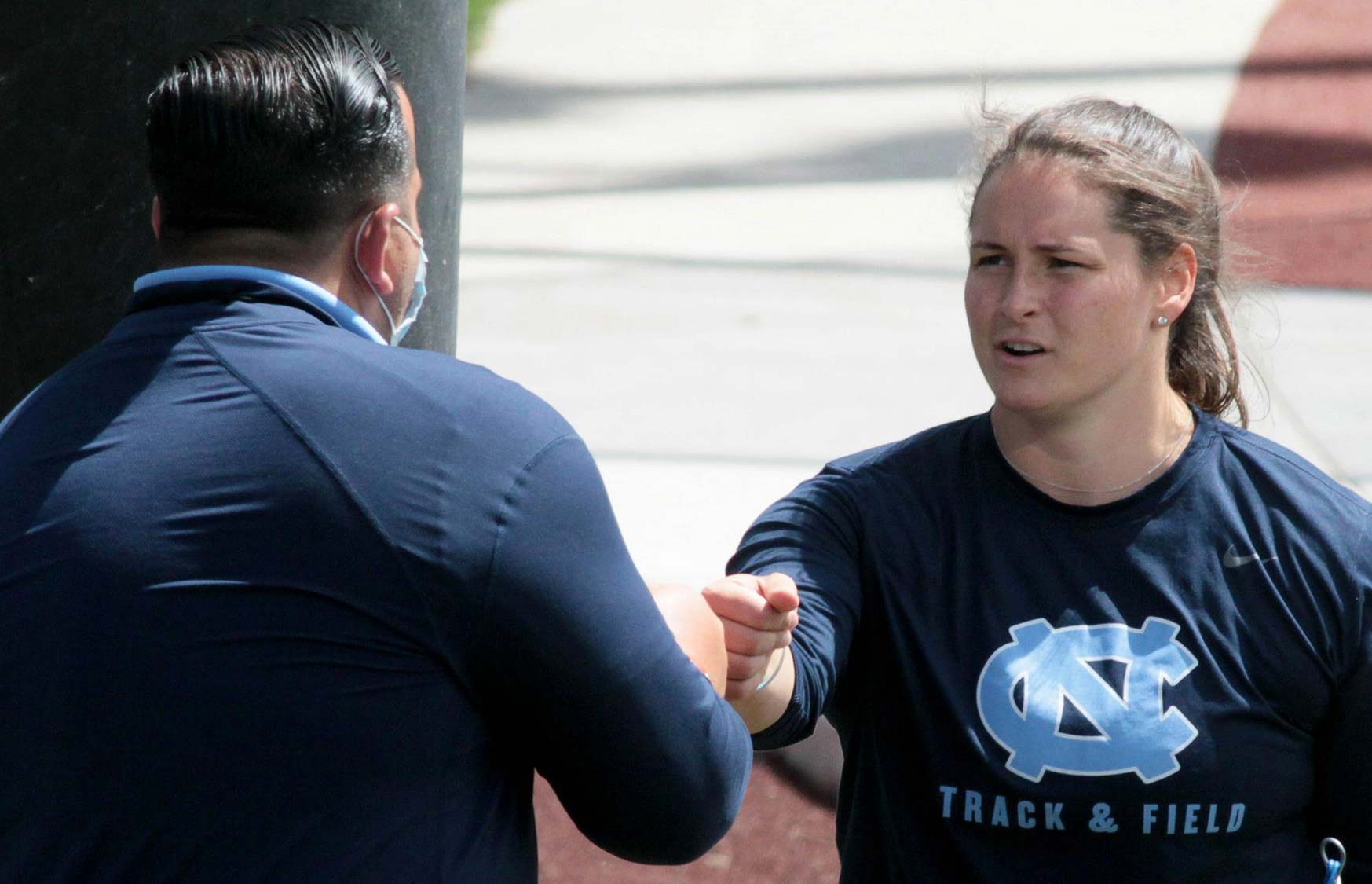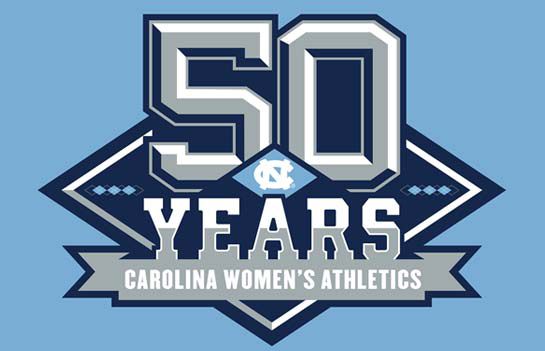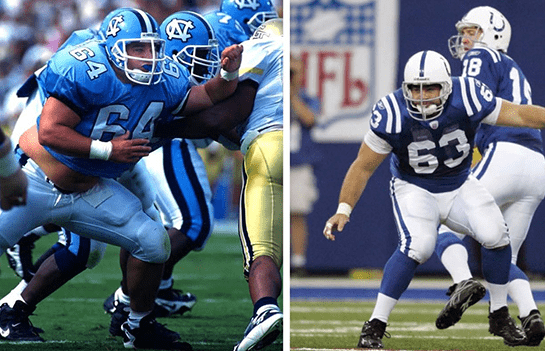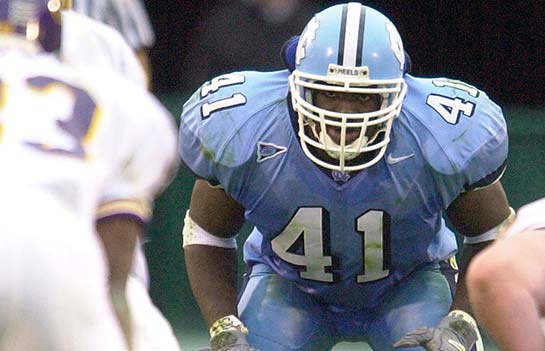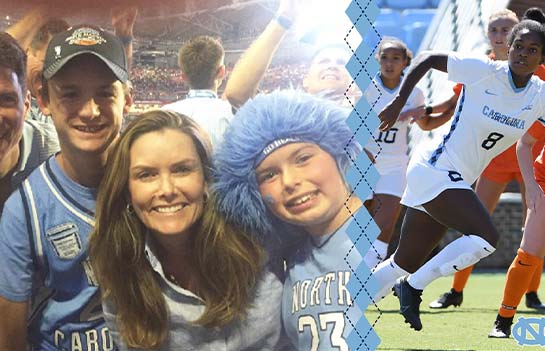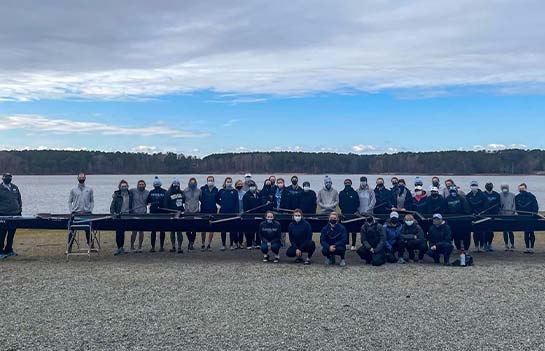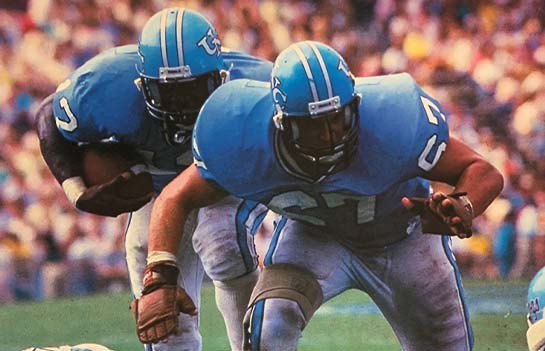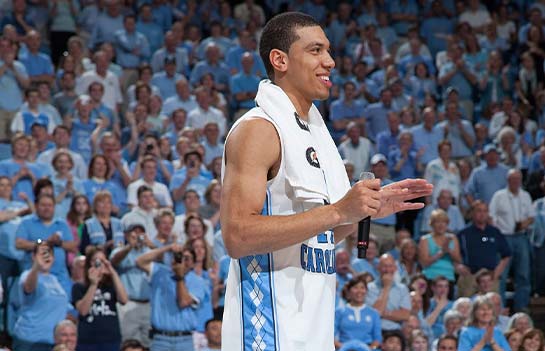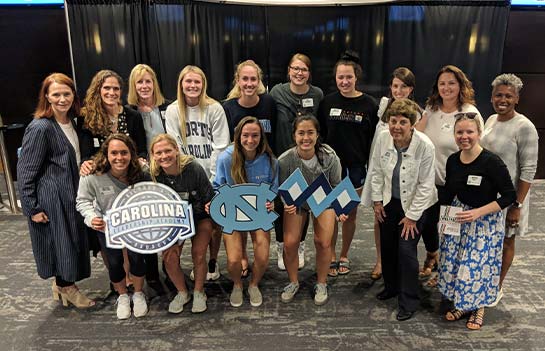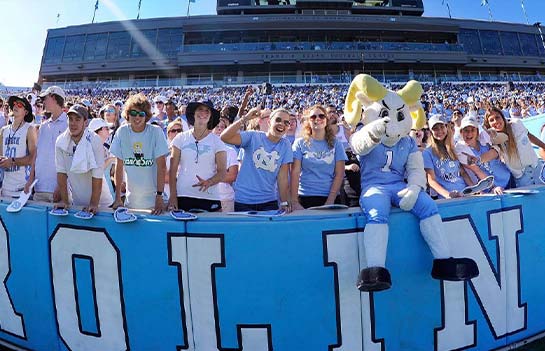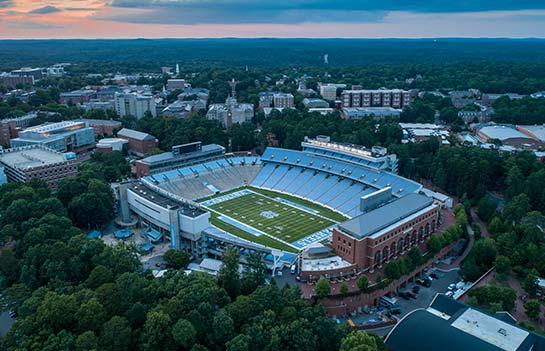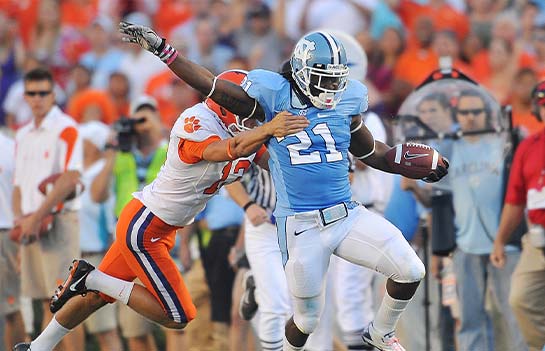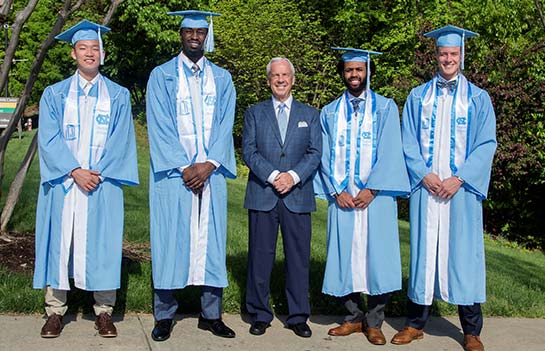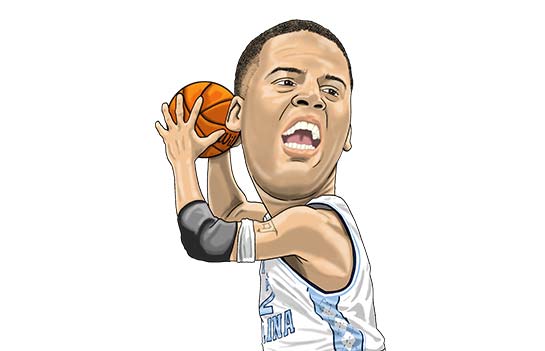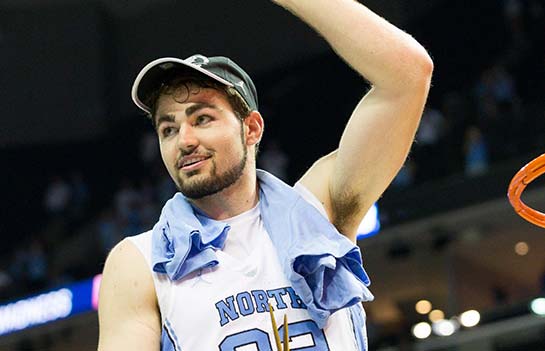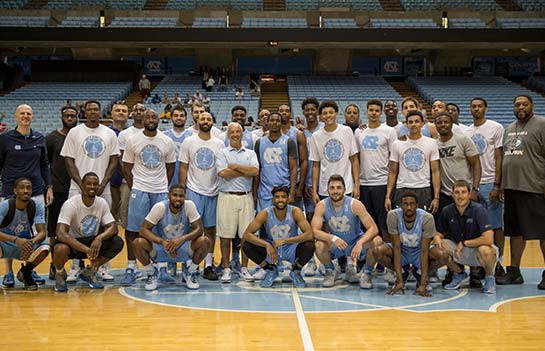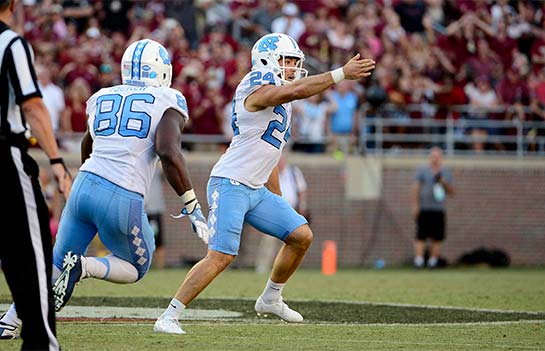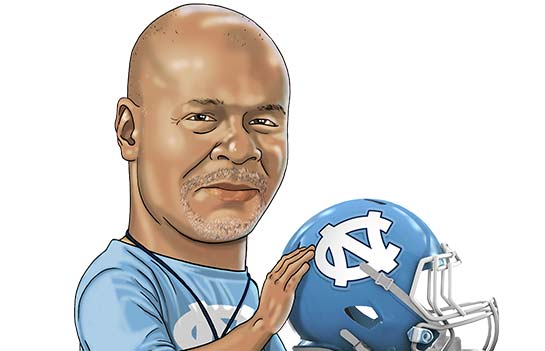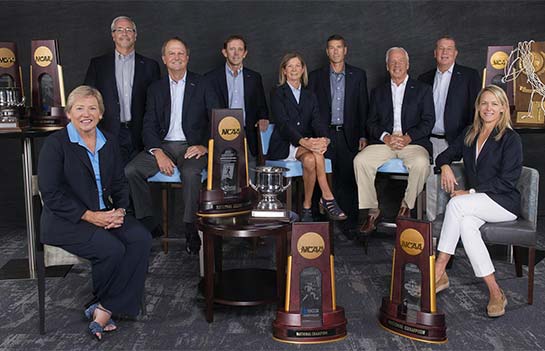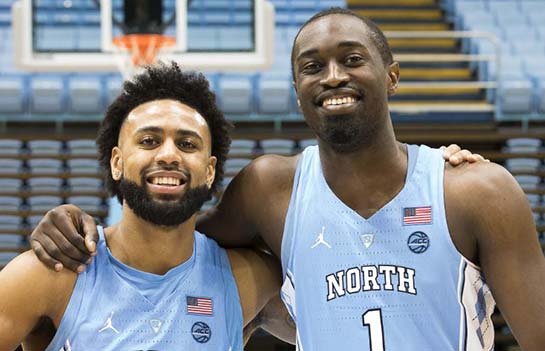BUDGETING FOR SUCCESS
The Success of the Football Program Has an Impact on the Entire Rest of the Athletic Department
by Pat James
Most NCAA Division I schools across the country, especially the 65 that compose the so-called Power Five conferences, rely on their football and men’s basketball programs to generate enough revenue to cover their total expenses.
But there are few places where that’s more vital than at North Carolina, with its 28 varsity teams and over 800 student-athletes.
“There are only five schools in the whole country that have as broad-based a program as we have,” said Rick Steinbacher, UNC’s senior associate athletic director for capital projects and facilities. “Obviously, with a budget of over $100 million, we have significant resources. But when you divide the number of sports programs and the number of student-athletes we support by the amount of resources that we have compared to our peers on a strictly dollars-sense, we’re actually near the bottom of the Power 65 schools.
“The level of success that we’ve been able to maintain over many, many years, given the fact that on a per program or per student-athlete basis the resources that we provide dollars-wise, we’re near the very bottom of all the Power 65 schools, is pretty remarkable. And that further illustrates the importance of maximizing revenue out of the two sports that generate revenue.”
Of course, that’s easier to accomplish when both teams are winning and there’s excitement surrounding each program, which is surely the case now, entering the first season of Mack Brown’s second stint in Chapel Hill.
As of July, Steinbacher said Carolina “had a very high renewal rate for season tickets.” It had also been “very successful” in getting new ticket holders. Season tickets sold out in late July. And there are more than enough reasons to believe UNC might maintain that momentum.
“We just have a real opportunity to continue to increase the revenue that we generate out of football,” Steinbacher said. “There are lots of ways we have done that and will continue to do that, whether it’s new premium seating options in the football stadium – and that was the major reason why we built the Blue Zone – or to enhance concession offerings or to increase tailgating opportunities. We’ve got to do anything and everything we can to help football be successful so we can continue to generate significantly more revenue from that program so we can continue to fund all of our sports.”
Even when the football program isn’t successful, Carolina can benefit from the exploits of the other schools in the ACC through the conference’s revenue distribution. For example, the Tar Heels went 3-9 in 2017. But with Clemson reaching the College Football Playoff and nine other full members making a bowl game (not including Notre Dame, which does not play ACC football), UNC received $28.5 million in shared revenue during the 2017-18 fiscal year.
That, however, doesn’t mean Carolina doesn’t want to be a part of the winning, which also opens up other opportunities.
“We’re not directly affected from a negative standpoint with conference distribution because as long as schools are doing well, we benefit from that,” said Martina Ballen, Carolina’s senior associate athletic director for business and the department’s chief financial officer. “But from concessions, you know, we have certain contracts in place for concessions. But if we are exceeding thresholds, there can be more of a sharing opportunity. So we can potentially see more there. With Learfield/IMG College, we have a guarantee arrangement there. But if it reaches certain thresholds, then there’s revenue sharing opportunities and the more there is that Learfield can do, the more we can share.
“A lot of that could come from football and the opportunities to grow sponsorships. All of that is tied to success. If you have a successful program, people and companies want to be a part of it, and we all benefit from that.”
“We” also includes The Rams Club.
Ballen said The Rams Club “has a better success rate” with premium seating when the team is successful. That can also lead to more people, such as alumni or former players, giving back to the athletic department as they learn more about what’s needed to sustain the team’s winning ways.
New ticket holders might also go on to join The Rams Club. According to Steinbacher, the data that UNC’s gathered “clearly shows that when both programs, football and men’s basketball, are performing well, it has a positive impact on membership.” John Montgomery, the executive director of the Rams Club, agreed.
“Any time when there’s excitement and optimism, that’s a great opportunity for us to go have a positive conversation about Carolina Athletics,” Montgomery said. “When you have that buzz that we do right now around football and people are interested in season tickets, if you’re interested in season tickets, the best thing to do is join The Rams Club because of seating priority, parking benefits and things like that. So really, the season tickets and membership to The Rams Club go hand in hand. They complement one another.
“So it’s a really good opportunity for us to grow our membership base and sell season tickets at the same time and drive more revenue for the program.”
Montgomery said Brown and the rest of his coaching staff also recognize that.
“He’s interested in helping us grow our membership, he’s interested in helping us fundraise and helping us be successful,” Montgomery said. “And that’s really important to our success. I think that’s another thing that will help us all be successful because he’s committed to that and his staff is committed to that. That’s something that we appreciate, our Rams Club staff appreciates it. And I think our membership sees that and they really appreciate it.”
This latest opportunity to grow football revenue comes after Carolina posted new highs for men’s basketball ticket revenue and attendance during the 2018-19 season, according to Steinbacher. It also coincides with the August launch of the ESPN-backed ACC Network, which is expected to produce additional revenue for each ACC school.
“The ACC Network will have a huge impact,” Steinbacher said. “It’s a little bit different in that with the ACC Network, we get one-fifteenth of that, whereas with our football and men’s basketball ticket sales we get 100 percent of that. But it is a very, very significant amount of revenue. So we’re very hopeful and excited about it and we need the ACC Network to be very successful to help grow our revenue sources for all of our sports programs.
“You’ve probably seen all of the videos our coaches have put out, all of the campaigns that we’re going to keep putting out. We will continue to encourage Carolina fans to make sure their TV provider carries the ACC Network and if they don’t, demand that they do, because the more households that network is in, the more revenue the ACC gets, which means the more revenue we get. That’s a very important part of our revenue in the future.”
Ballen said UNC enters each season with the goal of selling as many season tickets as possible and that some tickets for individual games are typically left over. Should the Tar Heels get off to a hot start, though, then those tickets might not be available for long. That’s especially the case when the team’s wins are against strong opponents.
With its first five games coming against South Carolina, Miami, Wake Forest, Appalachian State and defending ACC and national champion Clemson, Carolina will certainly have opportunities to prove itself early this season. It’ll also have a chance to help maximize not only its revenue, but that of the entire athletic department.
“We feel it when football is not doing well,” Ballen said. “It just impacts us across the board in terms of what we’re able to do for the other sports and what we’re able to do for the football program itself. So having that success is so significant. And, you know, that’s why we’ve got Mack back here.”
More Stories
The impact of giving comes through in wonderful stories about Carolina student-athletes and coaches, as well as the donors who make their opportunities possible. Learn more about the life-changing impact you can have on a fellow Tar Heel through one of the features included here:
